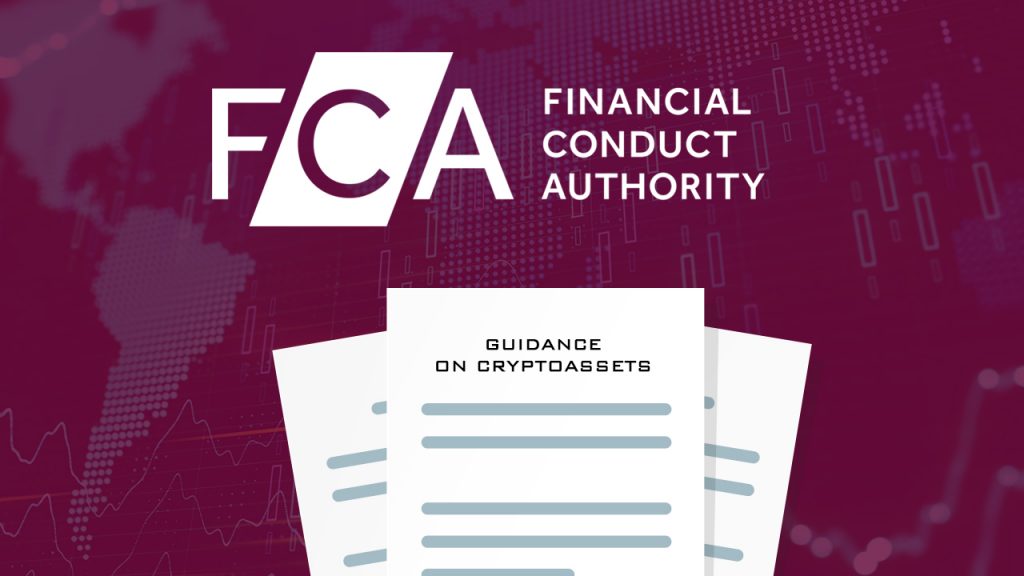
Last week the Financial Conduct Authority (FCA) released its long awaited consultation paper entitled Guidance on Cryptoassets. One of the operational objectives of the UK regulator is to secure an appropriate degree of protection for consumers, so it clearly has a remit to step in and protect investors from putting their money into this emerging class of assets which so far have proven to be notoriously volatile and sometimes fraudulent. Recent research by the Securities and Markets Stakeholder Group for example found that 78% of ICOs completed in 2017 with a market cap of over $50 million were scams.
The FCA’s paper is useful in that it provides extra clarity to regulated companies about which cryptoasset activities are unregulated and what it intends to do in the future to protect retail investors. It is also useful in reminding firms that some types of cryptoassets, particularly security tokens, are already regulated under current rules. Of course, there are many different types of cryptoassets, so the consultation paper lays out the various types, and how each of them fit within the current regulatory regime.
Cryptoassets into 3 Types of Tokens
The FCA categorises cryptoassets into three types of tokens:
• Exchange tokens: those which are not issued or backed by any central authority and are intended and designed to be used as a means of exchange. They are, usually, a decentralised tool for buying and selling goods and services without traditional intermediaries.
These tokens, which include Bitcoin, Litecoin and other “cryptocurrencies”, are usually outside the regulatory ecosystem. While investors can speculate on movements in the value of these assets, the FCA’s view is that they are akin to investments like commodities, currencies or even fine wine and art, which are unregulated, but also able to be speculated on in the hope of making a gain. Reading between the lines it seems that the FCA has no interest in regulating exchange tokens per se.
• Utility tokens: these are tokens which grant holders access to a current or prospective product or service but do not grant holders a claim to the distribution of profits or voting rights. Although the FCA does not categorise utility tokens as a “specified investment”, they might meet the definition of e-money in which case they would need to be regulated.
• Security tokens: these are tokens with specific characteristics that mean they meet the definition of a specified investment, like shares or debt. Crucially, these
Useful Guidance
This guidance is useful in that it makes clear that firms which offer services surrounding security tokens need to be regulated by the FCA, otherwise they may be committing a criminal offence. It also reminds authorised firms that when they offer financial services surrounding unregulated cryptoassets they must make clear that the assets are not regulated, and since they fall outside the regulatory remit, that they are not covered by the Financial Services Compensation Scheme (FSCS) and the Financial Ombudsman Service (FOS).
To further improve consumer protection the Treasury is consulting this year on potentially expanding the FCA’s regulatory remit to bring in further types of cryptoassets. The FCA will also consult separately on a potential prohibition on the sale to retail consumers of risky derivative products and transferable securities linked to certain cryptoassets.
Seeking to issue a security token or have a question


